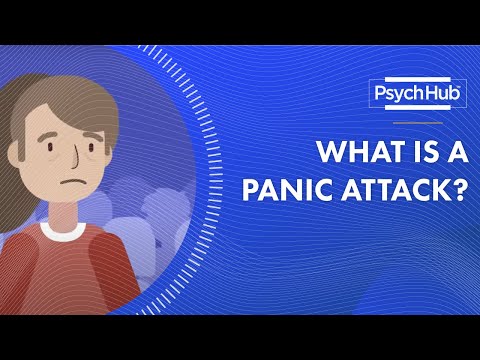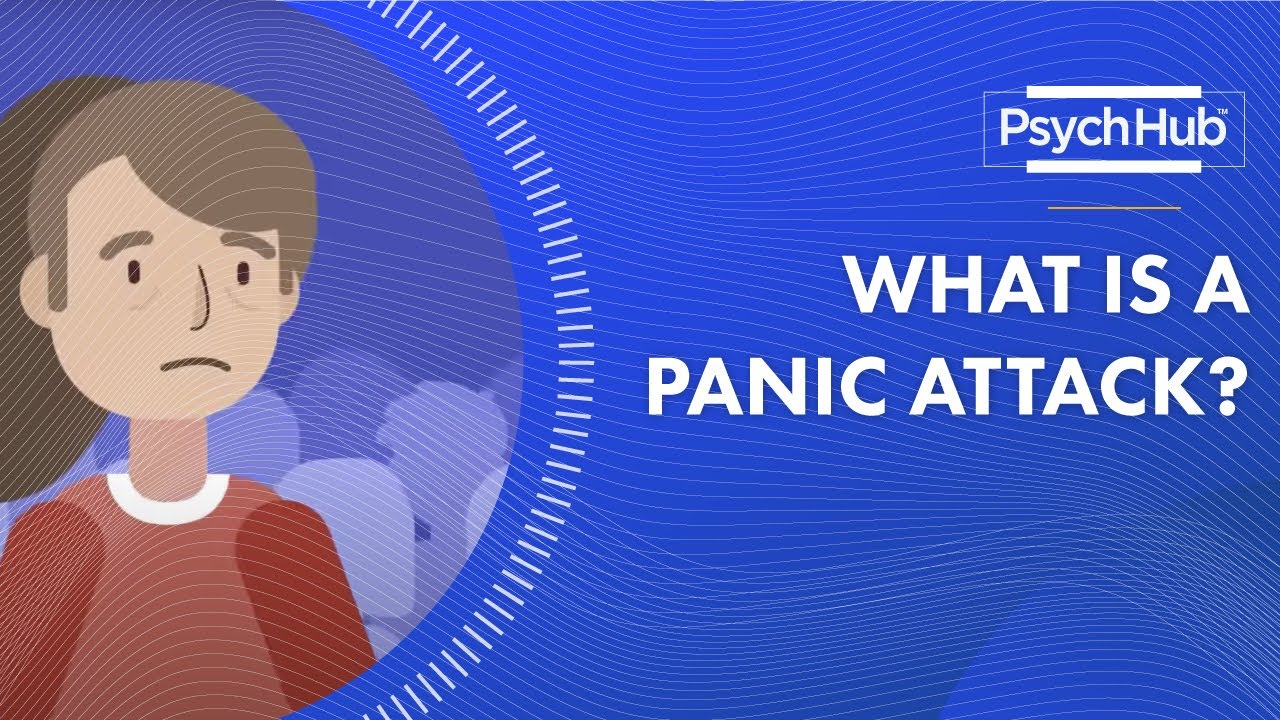Anxiety attacks can be overwhelming and debilitating, causing intense feelings of fear and unease. During an anxiety attack, your body goes into a heightened state of arousal, triggering a cascade of physical and emotional responses. Your heart races, your breathing quickens, and a sense of impending doom washes over you. It’s as if your body and mind are hijacked by an invisible force, leaving you feeling powerless and vulnerable. Thoughts become distorted, and rationality is clouded by irrational fears and worries that seem insurmountable. The world around you may feel chaotic and threatening, even if there is no apparent danger. Every sensation is amplified, and even the simplest tasks can feel insurmountable. It’s a relentless battle between your mind and body, with each exacerbating the other’s symptoms. You may experience trembling, sweating, dizziness, and a strong desire to escape the situation that triggered the attack. The intensity of these episodes can leave you emotionally drained and exhausted, creating a cycle of anxiety and anticipation of future attacks. Understanding the complex nature of anxiety attacks is crucial in seeking appropriate help and support to manage and overcome these overwhelming experiences.

What Happens During an Anxiety Attack
| Physical Symptoms | Psychological Symptoms | Behavioral Symptoms |
|---|---|---|
| An increased heart rate and palpitations | Feelings of impending doom or fear of losing control | Restlessness or pacing |
| Rapid and shallow breathing | Excessive worrying or overthinking | Difficulty concentrating or making decisions |
| Dizziness or lightheadedness | Feeling detached from oneself or reality | Seeking reassurance or checking for safety |
| Tightness in the chest or difficulty breathing | Obsessive thoughts or intrusive memories | Avoidance of triggering situations or places |
| Sweating or trembling | Feeling on edge or constantly alert | Compulsive behaviors or rituals |
Title: Unmasking Panic Attacks: Understanding the Overwhelming Storm Within
Understanding Anxiety Attacks: A Closer Look at What Happens
Anxiety attacks, also known as panic attacks, are episodes of intense fear or distress that can be debilitating for individuals who experience them. These attacks can occur suddenly and without warning, causing a range of physical and emotional symptoms that can be overwhelming. Understanding what happens during an anxiety attack is crucial in order to provide support and help those who suffer from this condition.
The Physical Manifestations of Anxiety Attacks
Increased Heart Rate: One of the most common physical symptoms of an anxiety attack is an increased heart rate. The body’s natural “fight or flight” response is triggered, causing the heart to beat faster, preparing the body to respond to a perceived threat.
Rapid Breathing: Anxiety attacks often involve rapid, shallow breathing. This can lead to feelings of lightheadedness and shortness of breath, further intensifying the panic felt during an attack.
Sweating and Trembling: Profuse sweating and trembling are also common physical manifestations of anxiety attacks. The body’s response to stress hormones can cause excessive perspiration and uncontrollable shaking.
Chest Pain and Discomfort: Many individuals experiencing an anxiety attack report chest pain or discomfort. This can be due to the increased heart rate, shallow breathing, and muscle tension that often accompany these episodes.
Feeling Dizzy or Faint: Dizziness and a feeling of faintness are common symptoms during an anxiety attack. The combination of rapid breathing, increased heart rate, and the body’s heightened stress response can lead to these sensations.
The Emotional Rollercoaster of Anxiety Attacks
Intense Fear and Dread: Anxiety attacks are characterized by a profound sense of fear and dread. Individuals may experience a fear of losing control, going crazy, or even dying. These intense emotions can be overwhelming and cause further distress during an attack.
Feeling Disconnected from Reality: During an anxiety attack, individuals may feel detached from their surroundings, as if they are disconnected from reality. This can contribute to feelings of confusion and exacerbate the panic experienced during the episode.
Overwhelming Sense of Doom: A pervasive feeling of impending doom is often present during an anxiety attack. This overwhelming sense of impending disaster can heighten the intensity of the attack and make it even more distressing for the individual.
Difficulty Concentrating: Anxiety attacks can impair an individual’s ability to concentrate or focus. Racing thoughts and intrusive worries can make it challenging to carry out everyday tasks or engage in conversations during an attack.
Emotional Exhaustion: After an anxiety attack subsides, individuals often experience emotional exhaustion. The intense emotions and physical symptoms can leave them feeling drained and mentally fatigued.
Triggers and Coping Mechanisms
Identifying Triggers: Understanding what triggers anxiety attacks can be crucial in managing and preventing future episodes. Triggers can vary from person to person, but common ones include stress, certain phobias, traumatic experiences, or even caffeine and nicotine.
Deep Breathing and Relaxation Techniques: Deep breathing exercises and relaxation techniques can help individuals manage the physical symptoms of anxiety attacks. Taking slow, deep breaths can help calm the body’s stress response and bring about a sense of relaxation.
Seeking Professional Help: If anxiety attacks become frequent or interfere with daily life, it is essential to seek professional help. Mental health professionals can provide guidance, support, and potential treatment options, such as therapy or medication, to manage anxiety disorders.
Supporting Someone During an Anxiety Attack
Remain Calm: If you are supporting someone experiencing an anxiety attack, it is crucial to remain calm and composed. Your calm presence can help provide reassurance and stability during their distressing episode.
Offer a Safe Space: Create a safe and quiet environment for the individual experiencing an anxiety attack. Removing any potential triggers and offering a comforting space can help them feel secure during their episode.
Encourage Deep Breathing: Encourage the individual to take slow, deep breaths. Breathing exercises can help regulate their heart rate and promote a sense of calm.
Listen and Validate: Allow the individual to express their feelings and concerns without judgment. Simply listening and validating their experience can provide immense support during this challenging time.
Encourage Professional Help: If anxiety attacks persist or significantly impact the individual’s life, encourage them to seek professional help. A mental health professional can provide a comprehensive evaluation and appropriate treatment to manage anxiety disorders effectively.
Conclusion
Anxiety attacks can be distressing and debilitating experiences for those who encounter them. Understanding the physical and emotional manifestations of anxiety attacks is crucial in providing support and assistance to individuals who suffer from anxiety disorders. By recognizing the triggers, employing coping mechanisms, and seeking professional help when necessary, individuals can learn to manage anxiety attacks and regain control over their lives.

